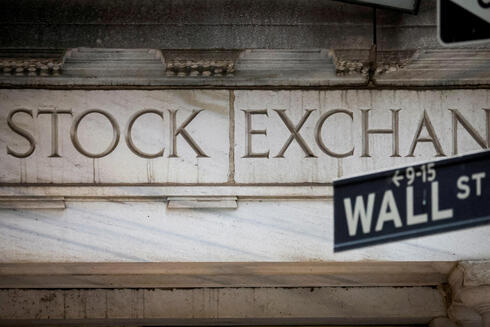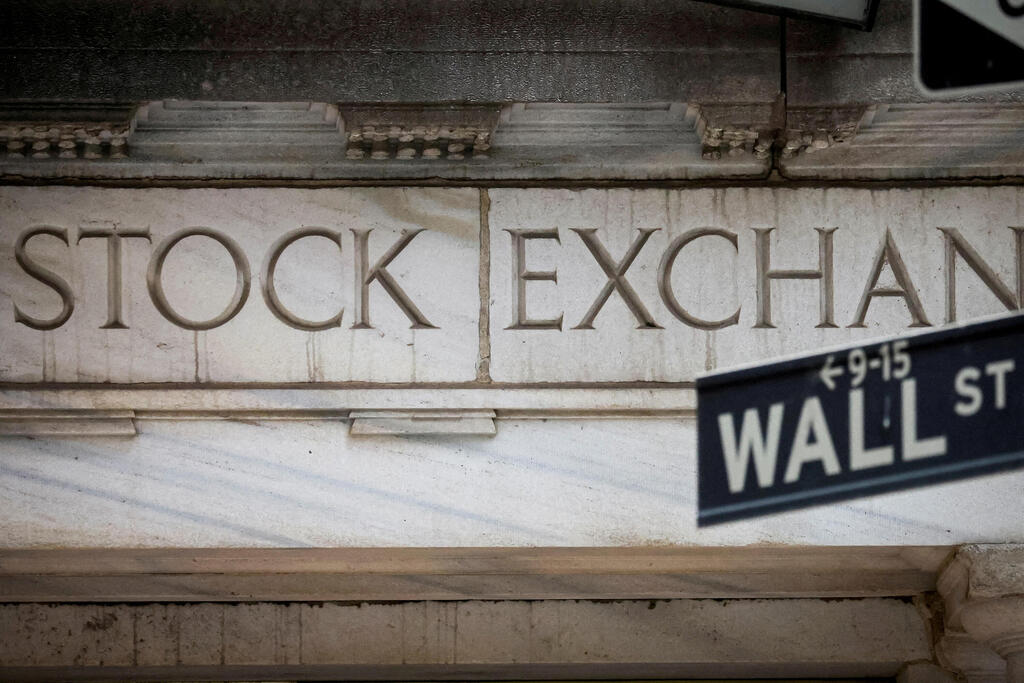
Private tech’s decade of dominance: 700% return leaves Nasdaq in the dust
Morningstar data shows top 20 private tech firms outpaced Wall Street’s best indices. Harel is launching a fund tracking the world’s top private tech firms through secondary market access.
Over the past decade, the world’s twenty largest private technology companies have generated a cumulative return of nearly 700%—specifically, 693.8% between December 2014 and February 2025. By comparison, the Nasdaq, the benchmark for U.S. tech stocks, returned 525.8%, while the S&P 500, Wall Street’s flagship index, returned 338.3% over the same period.
These figures, published by the financial data and research firm Morningstar (which trades on the Nasdaq with a market cap of $11.8 billion), reflect annualized returns of 20.9% for the Morningstar index tracking private tech giants, 17.7% for the Nasdaq, and 12.7% for the S&P 500.
These returns are now being presented to investors by Harel Alternative, the alternative investment arm of Harel Finance (part of the Harel Insurance Group), as it begins fundraising for a new fund based on the “Morningstar PitchBook Unicorn Top 20” index.
The fund will invest in the world’s largest private tech companies—including SpaceX, xAI, OpenAI, Revolut, and Databricks—via secondary transactions executed through the Elephant Group, a global digital platform that facilitates share sales in mature private tech firms. The fund structure allows Harel to acquire shares based on availability and liquidity rather than fixed allocation.
While the fund does not guarantee full replication of the index, Harel believes it can reach 100% coverage due to the liquidity-focused construction of the index. According to Jefferies, the global secondary market reached $162 billion in 2024, a 44.6% increase over the $112 billion traded in 2023.
The fund is open to qualified investors only and aims to raise a relatively modest $50 million, with a minimum investment of $200,000. Harel says this smaller size enhances flexibility and makes full replication feasible—$2.5 million per company across 20 firms, aligning with typical deal sizes on Elephant’s platform, which range from $3 million to $5 million.
Structured as a private investment fund, it will operate on a shorter-than-usual lifecycle of three years, with two optional one-year extensions. Proceeds from any liquidity events will be returned to investors as they occur. The fund charges a 1.5% annual management fee (lower than the 2% industry norm) and a 20% success fee, standard in the alternatives market.
Market Headwinds and Exit Challenges
The timing of the launch comes amid increased volatility in tech markets. The Nasdaq has declined about 15% year-to-date, affected in part by escalating geopolitical tensions and U.S. trade policy under President Donald Trump. These public market shifts impact the private market too, where valuations often mirror public comps.
Adding to the challenge is the shrinking IPO window. Some companies in the target index are valued in the hundreds of billions—OpenAI, for example, recently raised $40 billion at a $300 billion valuation—but few have viable short-term paths to go public. In 2024, 225 U.S. IPOs were completed, a recovery from 2023’s 154, but still far below the 2021 peak of 1,035 IPOs.
Harel and Elephant acknowledge the headwinds. But Chaim Schiff, CEO of Elephant, emphasized that these firms are large and IPO-ready: “They can go public the moment the market reopens.”
Neta David, CEO of Harel Alternative, argues that current market conditions may present an opportunity: “We’re launching this fund when the market cycle is at a low point. A 3-to-5-year horizon gives us breathing room, and historical data shows this strategy has double-digit potential.”
David says the initiative responds directly to investor demand: “This is the first time investors can access a curated basket of the world’s top private tech companies with relatively small capital.”















